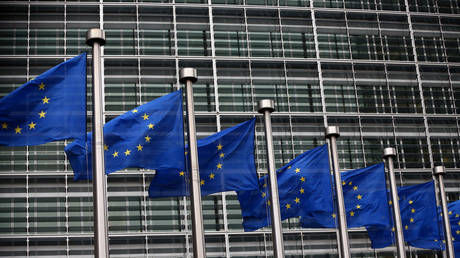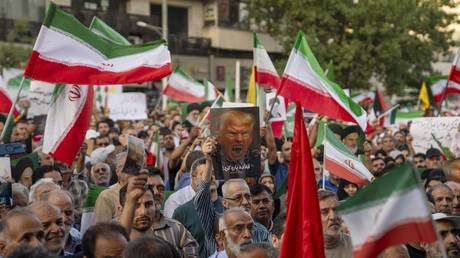
This would allow the region to become an equal global player, the Czech Republic’s Martin Dvorak has argued
The EU in its current form is not nearly as strong as its population and economic power would suggest, Czech Minister for European Affairs Martin Dvorak said in an interview with EURACTIV.cz on Tuesday.
Admitting that this position is “not at all popular,” the minister proposed that the European Union should be turned into “a European Federation or a United States of Europe,” which he claimed would put it in a position where it could be “a truly equal partner in the game between China, America, or Russia and India.”
A hypothetical European federation has also been referred to as the United States of Europe, the European State or Federal Europe. The EU is currently classified as an informal confederation or a union of sovereign states which operates through a hybrid system of intergovernmentalism and supranationalism.
The federalization of the bloc would see it turn into something akin to the US with a single centralized government, which would hold ultimate authority over member states.
While the current Czech government has been hesitant to deepen its integration with the EU, which it officially joined back in 2004, Dvorak has been a vocal supporter of the bloc and has criticized Euroskepticism in his home country.
“I think that the debate in our country lacks the Euro-optimistic or Euro-positive wing, and that is what I want to bring to the debate,” Dvorak explained.
In his interview with EURACTIV, the minister also shared his position on EU reforms and particularly the removal of EU country vetoes in certain policy areas.
“If I define myself as a federalist, then this would undoubtedly be a possible option for me, but, on the other hand, I am very well aware that the political situation is not ripe for that yet. I don’t even know at this point if it ever will,” he stated.
Meanwhile, the Centre for Public Opinion Research (CVVM) published a poll last week showing that trust in the EU, NATO and the UN had dropped sharply among Czechs over the past year. The survey’s authors have suggested that the drop could be attributed to the ongoing economic and migration crisis.




